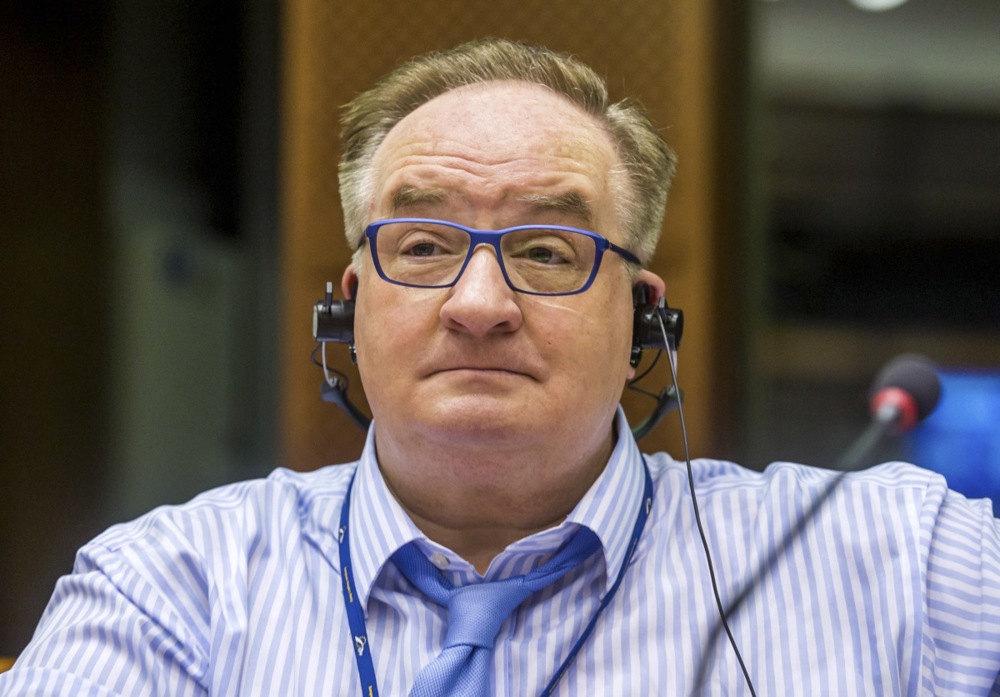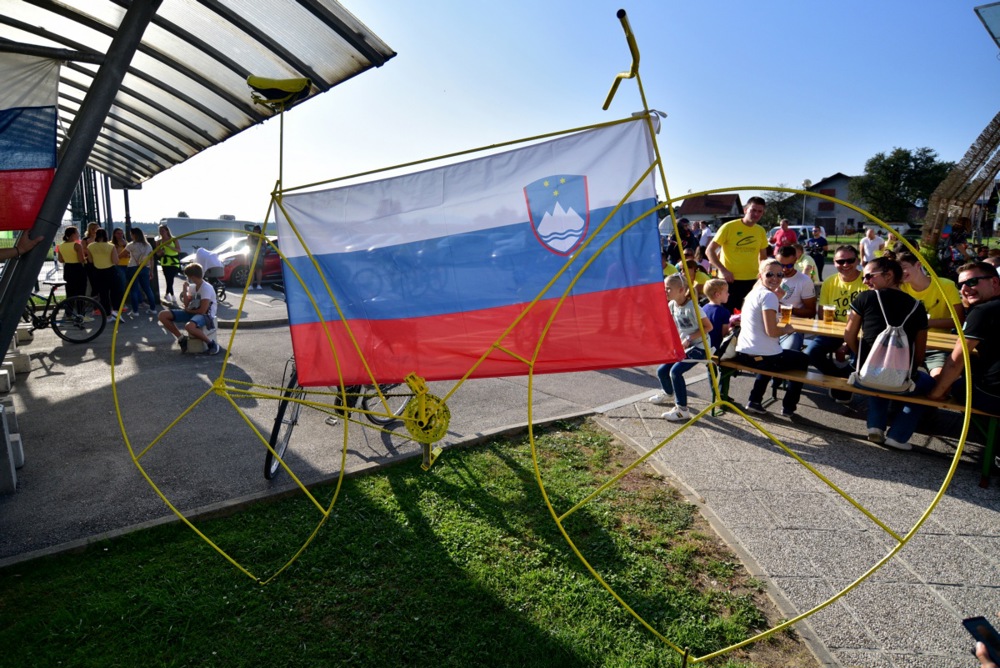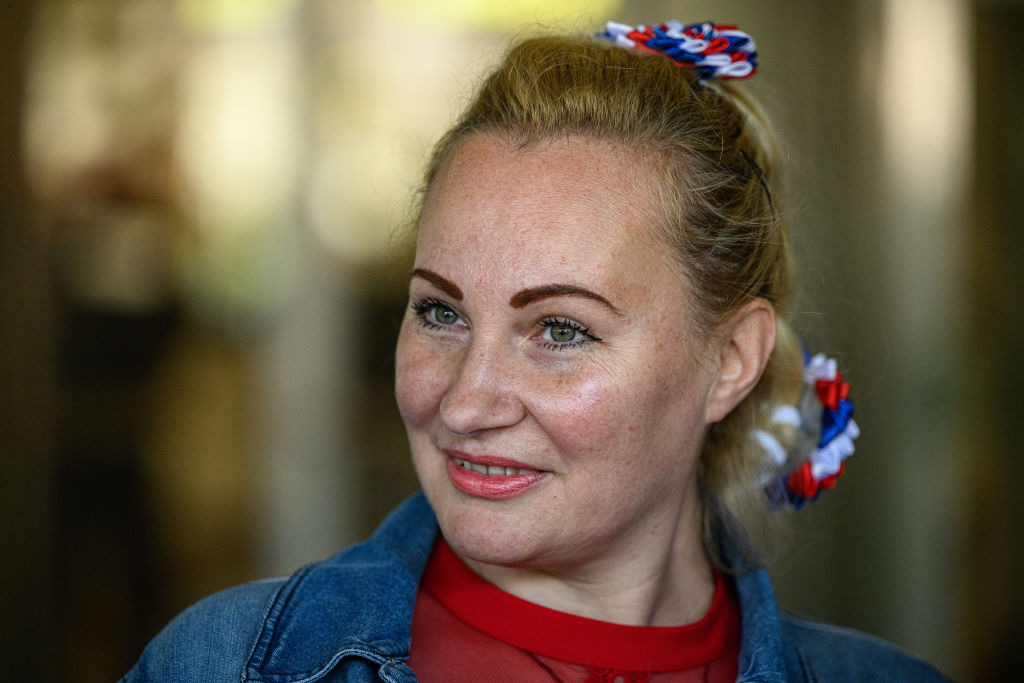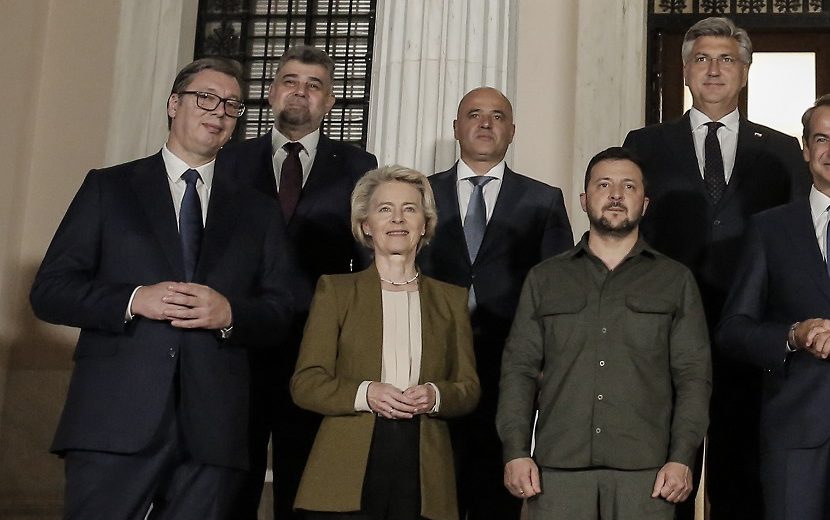The European Union’s Eurobarometer surveys are biased towards the bloc’s own agenda, a report has claimed.
The report, published by the MCC Brussels think-tank and titled Manufacturing Fear: How Euro Elites Construct Public opinion and Evade Real Concerns, claims that the biannual union-wide studies are skewed towards the concerns of Eurocrats.
Eurobarometer is a series of public-opinion surveys conducted regularly on behalf of the European Commission and other EU institutions since 1973.
Professor Bill Durodié, the MCC report’s author, said Eurobarometer frequently favours the “integrationist” goals of senior European figures at the expense of real concerns they and others may hold.
“This has led to some blurring of the line between research and propaganda, leading to unintended limitations and more conscious manipulation,” Durodié wrote.
In a statement given to Brussels Signal, he claimed that Eurobarometer gives “no clear indication” as to what the public actually thinks, describing the polls as being “purposefully constructed or elicited to suit pre-determined agendas.
“Moreover, when choices are offered, these are crafted according to elite priorities and concerns,” he said.
“Our report proposes the need to conduct objective research… We must commission and conduct surveys into people’s fears and concerns.”
Communist China has outstripped mainland Europe in terms of offshore wind production, an international report has found. https://t.co/qM9Km9rltx
— Brussels Signal (@brusselssignal) August 29, 2023
MCC Brussels’ executive director Frank Furedi claimed the findings showed that the fears of Europeans have “been consistent over a remarkably long period [of time]”.
“There is a clear divergence between people’s fears and elites’ concerns,” he said.
Europeans are first and foremost concerned with “jobs, health, and education,” the report found.
EU elites on the other hand are “preoccupied with more esoteric issues, such as climate change and cybersecurity, and a more recent focus on identity.”
Furedi told Brussels Signal that it was clear that a “chasm” exists between EU elites and residents, citing “clear pushback” against certain policies proposed by Brussels, such as those in the realms of environment and education policy.
“What is really at play here is a clash of values between different social groups,” he said.
The MCC is not the only group that has found what are claimed to be growing disparities between the concerns of the public and those held by European elites.
According to recent polls, despite the German Government’s growing push towards “Net Zero”, most people in the country are more concerned with expanding its road network than fighting climate change.
A survey commissioned by Die Welt revealed that 62 per cent of Germans were in favour of building more autobahns, or motorways, while only 33 per cent of respondents said that should be avoided in service of green reforms.
The International Energy Agency’s latest report predicts global oil demand to expand by 2.2 million barrels per day in 2023, with China alone contributing to more than 70 per cent of that increase. https://t.co/abDuwmgeMD
— Brussels Signal (@brusselssignal) August 14, 2023





